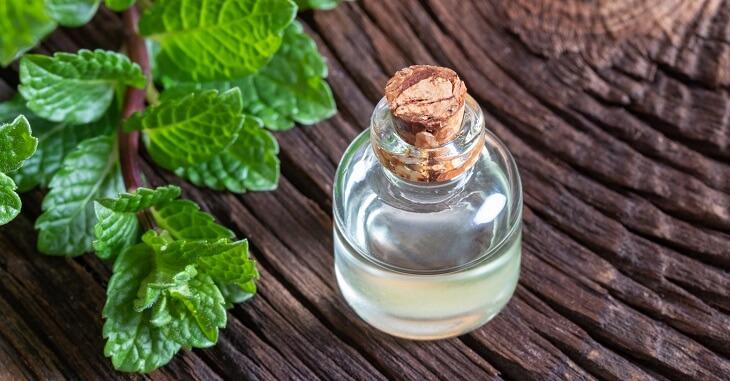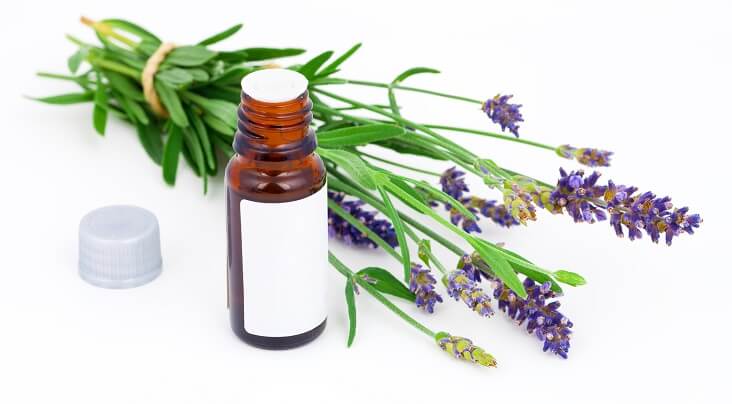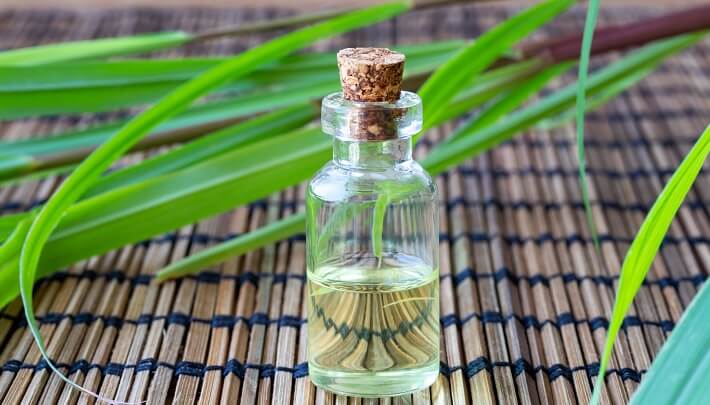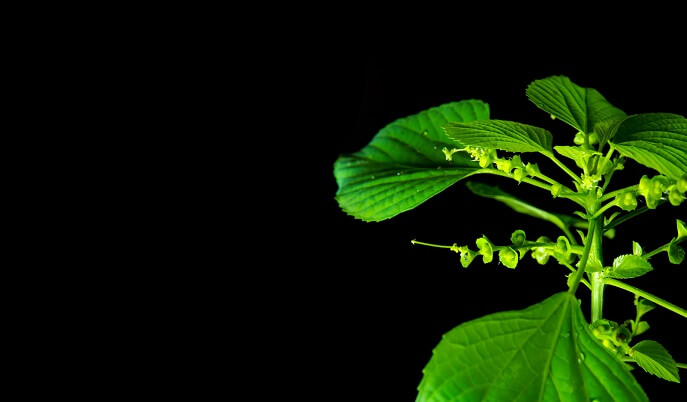What Essential Oils Repel Roaches

Roaches, known for their stubborn resilience, can be a menace in many households. For homeowners looking for natural ways to repel these pests, the world of essential oils offers some effective solutions.
Not only are they safer than chemical pesticides, but they also leave your house smelling delightful. Here’s an exploration of the most effective essential oils to keep roaches at bay.
Essential Oils for Roaches
| Essential Oil | Repels Roaches | Usage |
|---|---|---|
| Peppermint Oil | Yes | Spray diluted in water |
| Eucalyptus Oil | Yes | Spray diluted in water |
| Tea Tree Oil | Probably | Spray diluted with water and vinegar |
| Cypress Oil | Yes | Spray diluted in water or mix with peppermint oil |
| Cedar Oil | Yes | Mix with water or rubbing alcohol and spray |
| Catnip Oil | Yes | Mix with water and rubbing alcohol, combine with rosemary for added strength |
| Rosemary Oil | Yes | Spray diluted or use in traps |
| Oregano Oil | Yes | Spray diluted in infested areas |
Why Essential Oils?
Essential oils have taken the world by storm with their array of health and therapeutic benefits. Regarding pest control, some aromatic oils exhibit properties that either repel or exterminate roaches.
They are a natural, non-toxic alternative to traditional chemical repellents, ensuring safety for humans and pets. A simple mixture of essential oil and water in a spray bottle can be a potent tool against roach infestations.
Peppermint Oil

Derived from the peppermint plant, this oil boasts a sharp minty aroma. It overwhelms pests like roaches and can be toxic to certain species. Its refreshing scent also helps in creating a pleasant home environment.
- Origin: Extracted from the peppermint plant, a hybrid of watermint and spearmint.
- Properties: It boasts a strong minty aroma that overwhelms pests, especially cockroaches.
- Application: Mixing a few drops of peppermint oil with water and a bit of liquid soap can increase the adherence of the spray on surfaces. Regular application in high traffic roach areas can deter their entry.
Eucalyptus Oil

Extracted from eucalyptus tree leaves, this oil emits a potent aroma that acts as a sensory barrier for pests. Beyond repelling roaches, it’s also known for its antiseptic properties. Its invigorating scent is also beneficial for respiratory health.
- Origin: Derived from the leaves of eucalyptus trees native to Australia.
- Properties: Its potent aroma can act as a sensory barrier, making it uninviting for roaches.
- Application: Eucalyptus oil can be combined with lemon oil for a dual-action repellent. This mixture, when sprayed in cracks and crevices, can prevent roach nesting.
Lavender Oil

Obtained from lavender flowers, this oil is not only calming for humans but repelling for insects. Its floral scent deters roaches and other pests like flies and gnats. Widely used in aromatherapy, it promotes relaxation and sleep.
- Origin: Extracted from the flowers of the lavender plant.
- Properties: Popularly used for its calming properties, it also serves as a repellent for many insects.
- Application: A blend of lavender, citronella, and lemon oil can create an effective barrier against roaches. Consider placing lavender sachets in cabinets and drawers as an additional measure.
Citronella Oil

Sourced from lemongrass, its lemony scent disrupts the olfactory senses of pests. It’s a primary ingredient in mosquito repellents but is also effective against roaches. Used in candles and diffusers, it’s popular for outdoor gatherings.
- Origin: Obtained from the leaves and stems of different species of Cymbopogon (lemongrass).
- Properties: Known for its strong lemony scent, which disrupts the olfactory senses of pests.
- Application: Use citronella candles or diffusers in combination with other essential oils for best results. These can be particularly effective during evenings when roaches are most active.
Tea Tree Oil

Derived from the Melaleuca alternifolia plant, it’s famed for its antimicrobial properties. Besides being an insect repellent, it’s a staple in skincare and haircare due to its antifungal and antibacterial qualities. Its strong aroma deters roaches and other insects.
- Origin: Derived from the leaves of the Melaleuca alternifolia plant, native to Australia.
- Properties: Recognized for its antimicrobial properties, it’s also a bane to many insects.
- Application: Combine with eucalyptus and lavender oils and spray in corners, under sinks, and behind appliances to create a repellent barrier.
Cypress Oil

Extracted from the cypress tree, it offers a refreshing pine-like aroma. Known to deter insects, it’s particularly effective against roaches. Often used in aromatherapy, it promotes grounding and calmness.
- Origin: Extracted from the cypress tree, common in Mediterranean regions.
- Properties: Its refreshing pine-like aroma can deter many insects, including roaches.
- Application: Dilute with water and spray directly onto areas where roaches frequent. Consider mixing with cedar oil for added potency.
Cedar Oil

Originating from cedar trees, this oil disrupts pest pheromones, inhibiting communication and breeding. Its woody scent repels roaches and moths, perfect for protecting wardrobes. It also offers a natural, pleasant fragrance for homes.
- Origin: Derived from cedar trees.
- Properties: It disrupts the pheromones of pests, making it hard for them to communicate and breed.
- Application: Apart from spraying, cedar blocks or balls can also be placed in cupboards and drawers to repel roaches.
Catnip Oil

Extracted from the catnip plant, this oil contains nepetalactone, repellent to insects but enticing to cats. It’s an effective natural repellent, especially against roaches. However, it should be used with caution around feline friends.
- Origin: Extracted from the catnip plant, a member of the mint family.
- Properties: Contains nepetalactone, which is repellent to insects but attractive to cats.
- Application: Create a spray mixture with rosemary oil for enhanced effects. Ensure it’s kept away from pets, especially cats.
Rosemary Oil

Sourced from the rosemary herb, its aromatic nature is toxic to roaches. Apart from repelling pests, it’s also used in cooking and offers cognitive benefits. Its uplifting scent can invigorate spaces and minds.
- Origin: Derived from the rosemary herb.
- Properties: Its strong aroma is found to be toxic to roaches.
- Application: Dilute with water and spray onto surfaces where roaches are seen. The scent can also mask the trails roaches use to navigate.
Oregano Oil

Derived from the oregano plant, its pungent aroma deters roaches effectively. Known for its antiviral and antibacterial properties, it’s a staple in natural medicine. Its strong scent keeps roaches at bay for up to a week after application.
- Origin: Extracted from the oregano plant, a staple in Mediterranean cooking.
- Properties: Its pungent and spicy aroma can deter roaches from approaching sprayed areas.
- Application: Combine oregano oil with cedar oil and spray in roach-infested zones for a potent blend.
Conclusion
While essential oils offer a fragrant, natural way to repel roaches, their effectiveness can vary. The key is the consistent application and combining oils for the best results.
If faced with a severe infestation, you may need to supplement essential oils with other roach control measures. Always ensure that the essential oils you use are safe for all household members, including children and pets.

James E. Butkovich, Pest control maven with a knack for eco-friendly & Chemical solutions. Blogger with a mission to make homes pest-free, one post at a time.